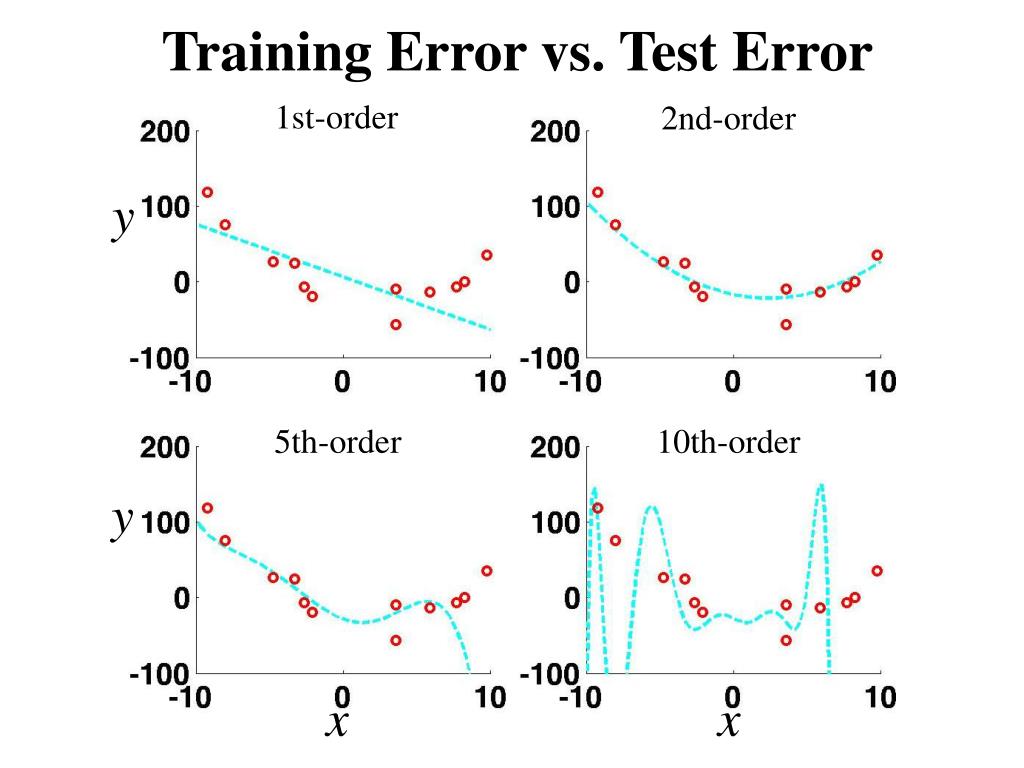
Note: Only one 19x (195, 198, 199) course can be used towards the CogSci major requirements as an elective.
Substantive participation in data collection, computer programming, experimental design, design and implementation of significant computation components, data analysis, 2-3 page write up of laboratory activities or summary of data analysis. Participation in a local research conference presenting work completed during the 199 (oral/poster presentation). Intensive directed reading project, 8-10 page or 4-5 page research paper, and an oral presentation in front of a laboratory group. Term projects may include, but are not limited to: likely select courses from the computer science and engineering course offerings. A term project is required, defined by the mentor and described in the 99 or 199 Special Studies Enrollment Request All courses, faculty listings, and curricular and degree requirements. To verify which classes are accepted for each minor, please visit the individual minor pages. Click on the course title for course information and description. Please note different classes fulfill different requirements for our programs. 2 or 4 units of course credit requires 6 or 12 hours per week of substantiative, supervised work defined by the faculty mentor For up-to-date scheduling information, visit the Schedule of Classes on Tritonlink. A completed EASy Enrollment Request with instructor approval by 3pm on Friday of Second Week of the quarter for which you plan on participating. Approval from a sponsoring CogSci faculty member. Students should contact faculty whose research interests them to discuss possible projects. However, independent studies can often extend to an additional quarter or for the rest of the academic year. Spec.Undergraduate Research (99 and 199) Undergraduate Research (COGS 99 or 199)Ī 99 or 199 is an independent study course that is for individual, advanced students who wish to complete a one-quarter reading or research project under the mentorship of a faculty member. Machine Learning and Neural ComputationĪpproved Specialization Electives (PDF) Undergraduatesī.S. The specialization will be listed on your transcript. Students should take into consideration when planning for their specialization that approved courses are not necessarily offered every year. This schedule is subject to change without notice. You can also find a complete list of all graduate courses offered by the department. Specifying an area of specialization is optional. Below you'll find a list of graduate course offerings for the 2022-2023 academic year. The areas of specialization are intended to provide majors with guidance in choosing elective courses and to make the specific interests and training of the major clear to prospective employers and graduate schools. in cognitive science with a specified area of specialization. Students are given the opportunity to take classes offered from the department, as well as from several other interdisciplinary departments across the campus.Ĭheck out these links for more information on Major requirements and Areas of Specializations: Areas of SpecializationĪ major may elect to receive a B.S. 
The UC San Diego Department of Cognitive Science offers both a B.A. degree and a B.S. It is part of an exceptional scientific community and remains a dominant influence in the field it helped create. UCSD has been at the forefront of this exciting new field and our Department of Cognitive Science was the first of its kind in the world.

Cognitive Science is a diverse field which is unified and motivated by a single basic inquiry: What is cognition? How do people, animals, or computers ‘think,’ act, and learn? In order to understand the mind/brain, cognitive science brings together methods and discoveries from neuroscience, psychology, linguistics, philosophy, and computer science.






 0 kommentar(er)
0 kommentar(er)
